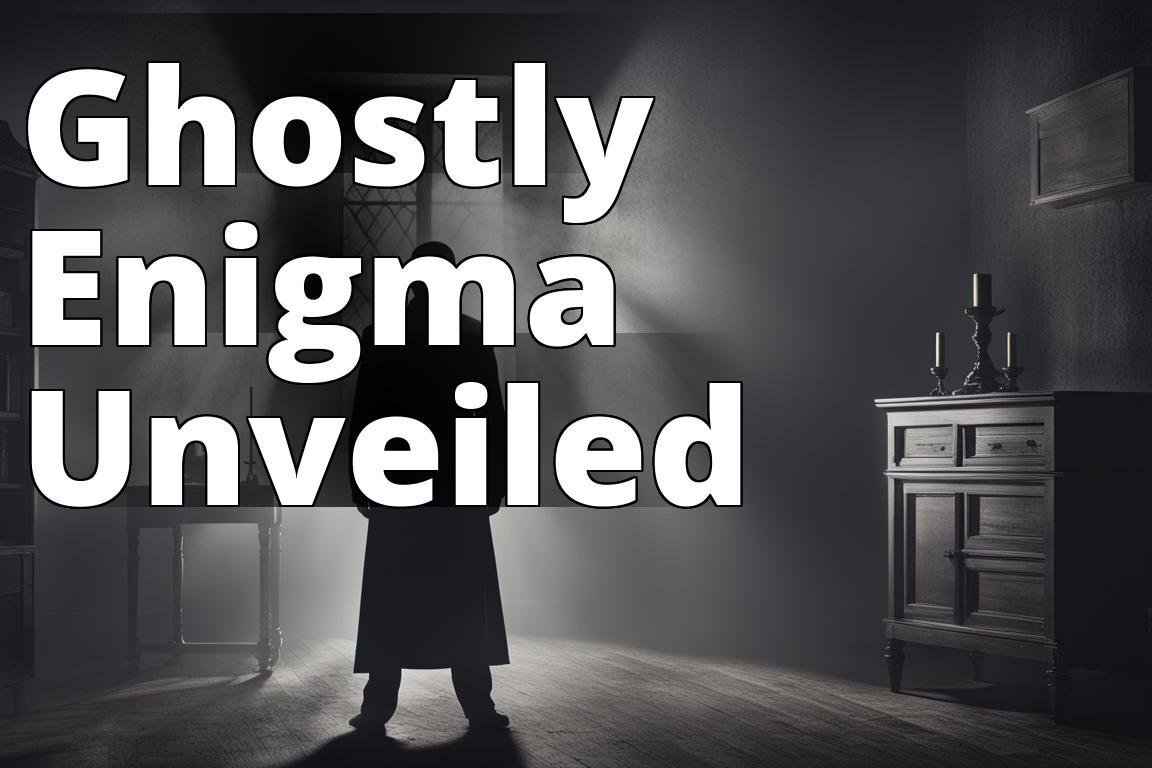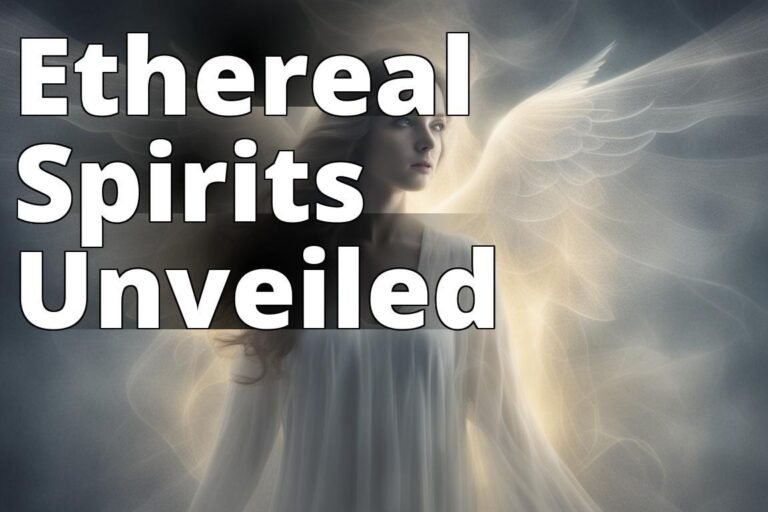Why Are People Afraid of Ghosts?
Have you ever felt a chill down your spine while walking through an old, dimly lit house, or heard a story that made the hairs on the back of your neck stand up? The fear of ghosts, a phenomenon as ancient as humanity itself, continues to haunt our collective consciousness. But what lies at the root of this pervasive fear? Is it merely superstition, or is there something deeper, more primal at play? In this exploration, we dissect 25 unsettling explanations behind our fear of ghosts, blending personal anecdotes with expert insights to unravel this complex phobia.
Learn about Why People Fear Ghosts
- Fear of the unknown, death, paranormal, afterlife
- Fear of being haunted, possessed, cursed, judged
- Fear of being alone, the dark, unseen, uncontrollable, unpredictable.
The Fear of Ghosts
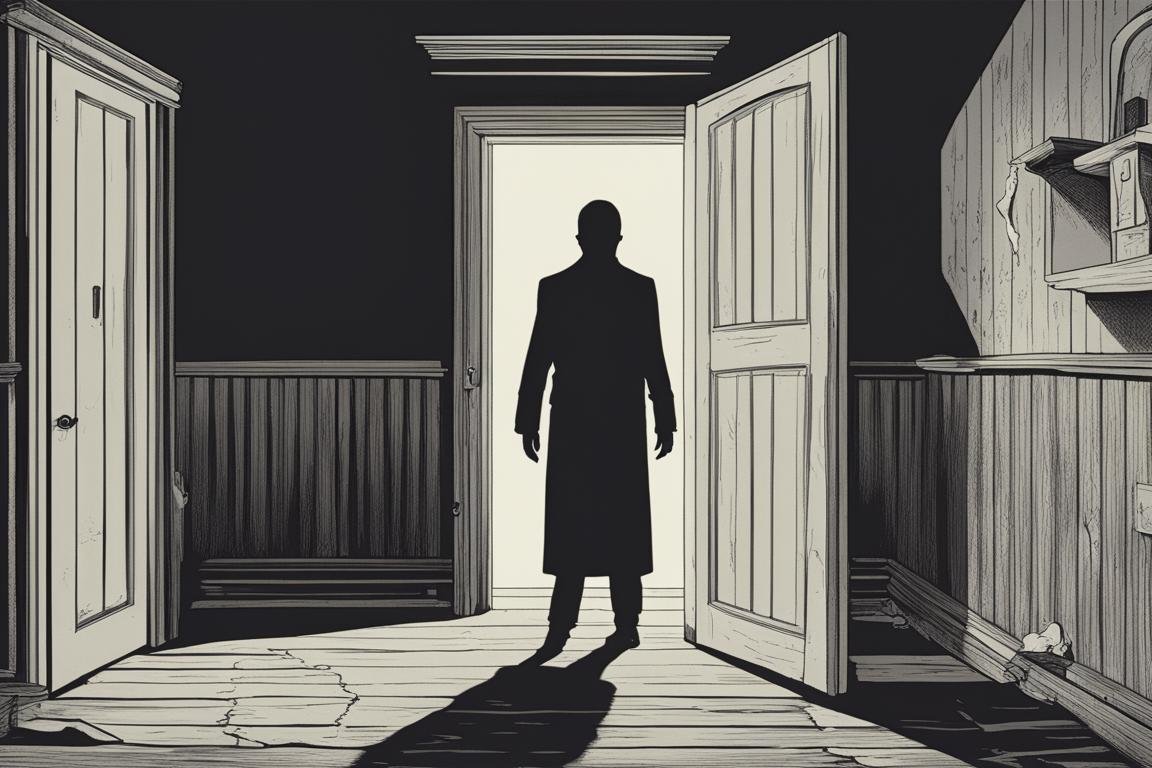
The fear of ghosts, or phasmophobia, is more than just an unease at the thought of spirits; it’s a reflection of our deepest anxieties about the unknown and the afterlife. I remember a night spent in a reputedly haunted hotel, where every creak and whisper of the wind seemed to carry the weight of centuries of history and hidden stories. This fear is not just about the presence of spirits but what they represent a reminder of our mortality and the mysteries that lie beyond our understanding.
Insider Tip: “The fear of ghosts often mirrors our fear of the untold stories within us, the parts of our history we’ve yet to reconcile with.” Dr. Julia Silva, psychologist specializing in phobias.
The Fear of the Unknown
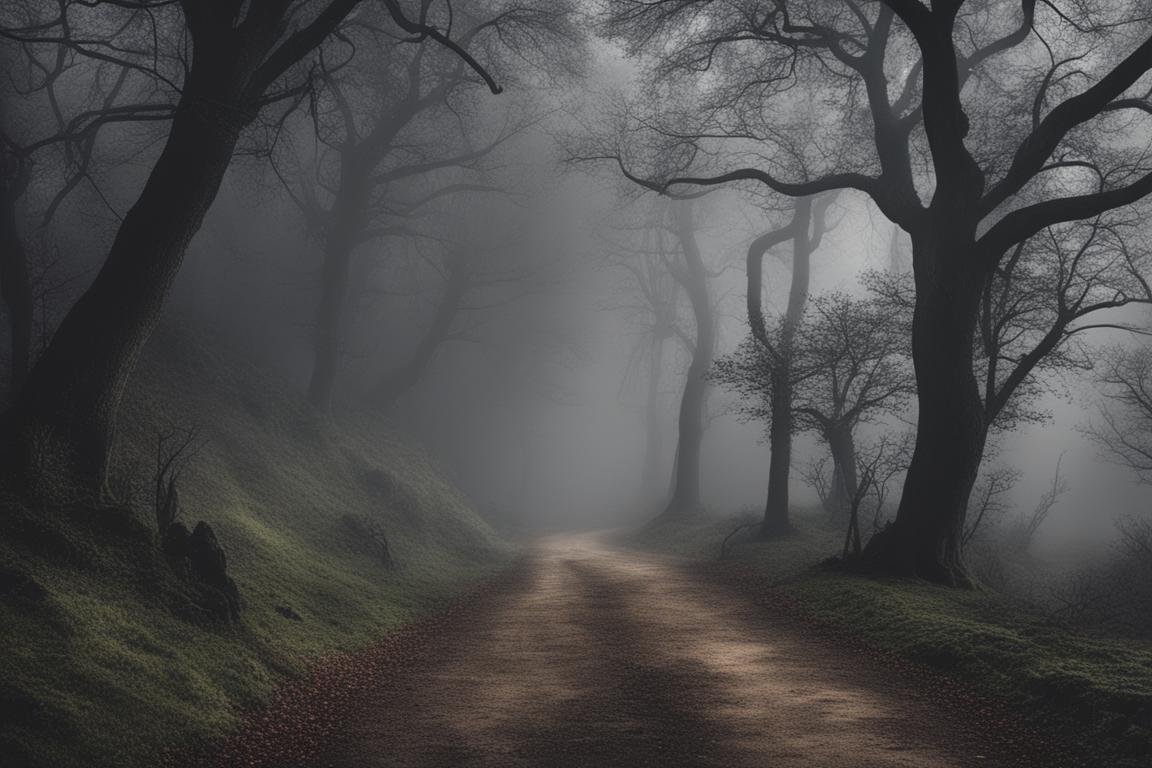
The fear of the unknown is arguably the most fundamental reason we fear ghosts. Humans are creatures of knowledge and understanding; we fear what we cannot explain. This fear is deeply ingrained in our psyche, dating back to our earliest ancestors who had to be vigilant of unseen dangers to survive. Ghosts embody the ultimate unknown entities that defy our understanding of the natural world.
The Fear of Death
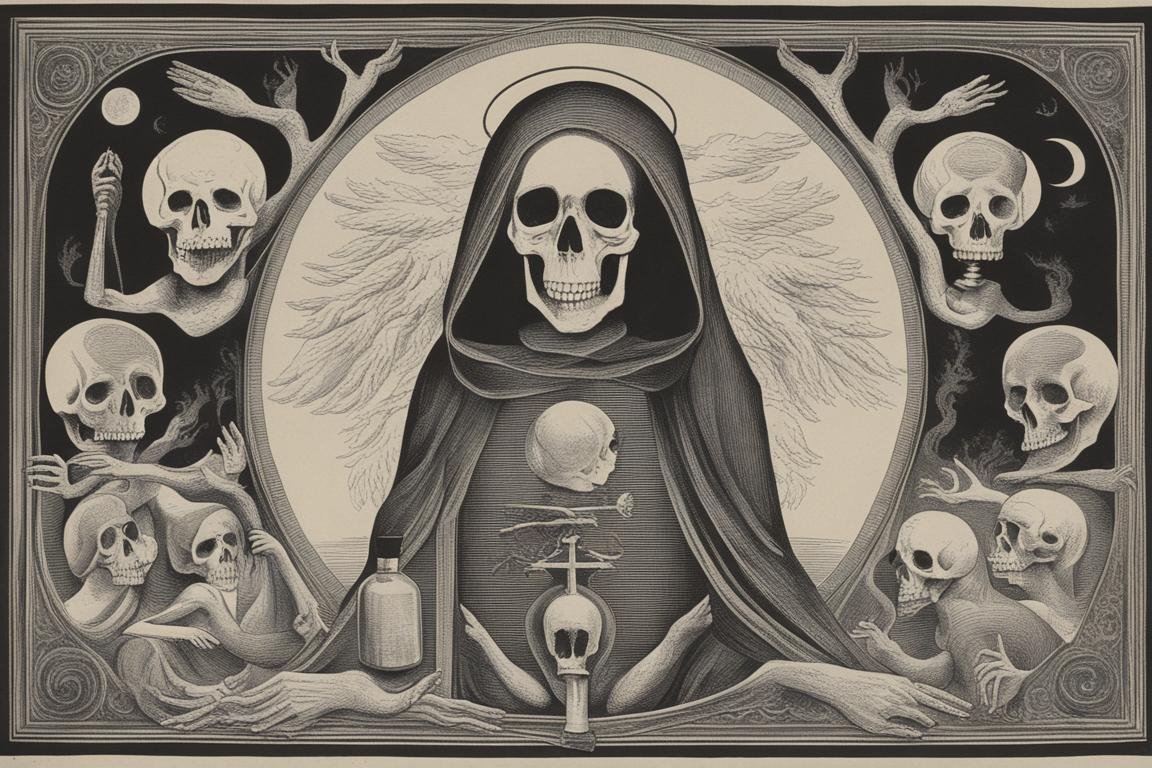
Death is the great equalizer, the one certainty in life that we are all bound to face, yet it remains shrouded in mystery. The fear of ghosts is intricately tied to our fear of death not just the act of dying, but what comes after. Many cultures believe ghosts are the souls of the dead, trapped between worlds. These spirits serve as a stark reminder of our own mortality and the inevitability of death, a concept many find too overwhelming to confront.
The Fear of the Paranormal
The paranormal, by definition, refers to experiences beyond the normal scope of scientific understanding. From a young age, I was fascinated by stories of poltergeists and haunted locations, a fascination tempered by a palpable fear of encountering the paranormal myself. This fear is rooted in the unpredictability and uncontrollability of paranormal phenomena the idea that there are forces at play in the world that are beyond our comprehension and, potentially, our control.
The Fear of the Afterlife
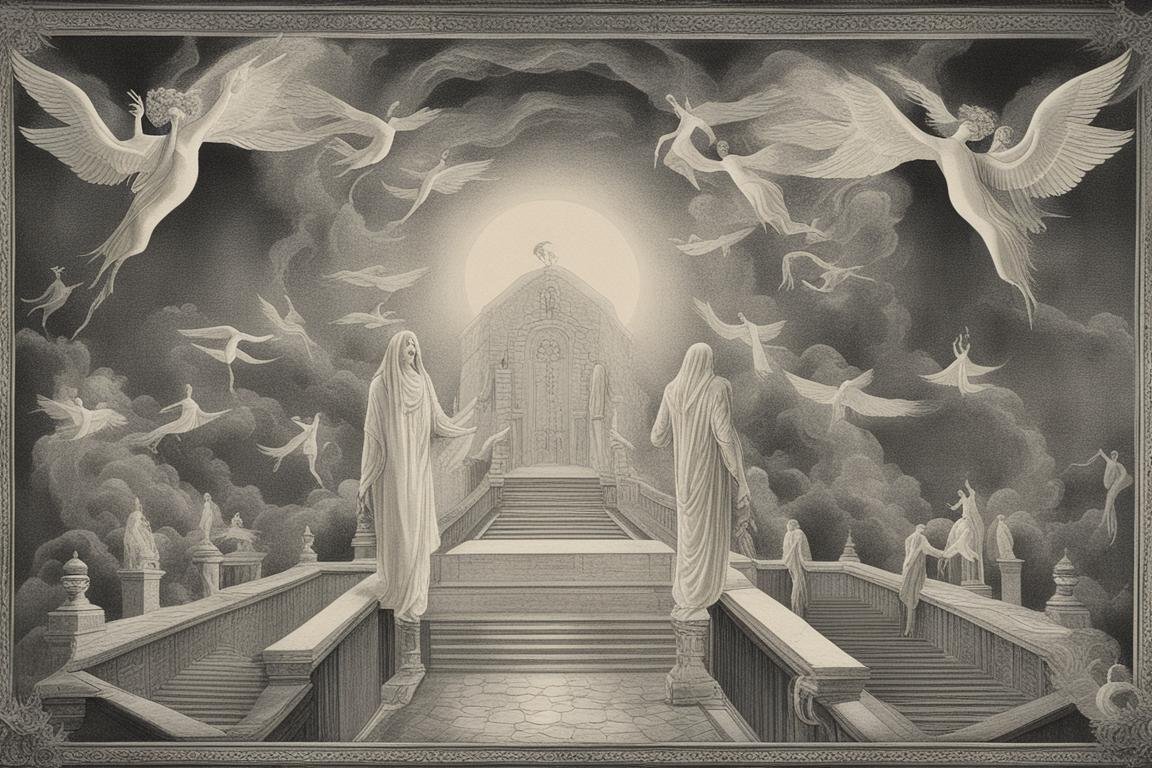
The concept of the afterlife is as old as civilization itself, with each culture painting its version of what lies beyond this life. The fear of ghosts is closely linked to the fear of the afterlife because it confronts us with the unknown aspects of our existence post-death. Whether it’s the fear of eternal punishment, the uncertainty of reincarnation, or the abyss of nothingness, the afterlife presents a myriad of reasons to fear the presence of ghosts, as they might be harbingers of what’s to come.
The Fear of Being Haunted
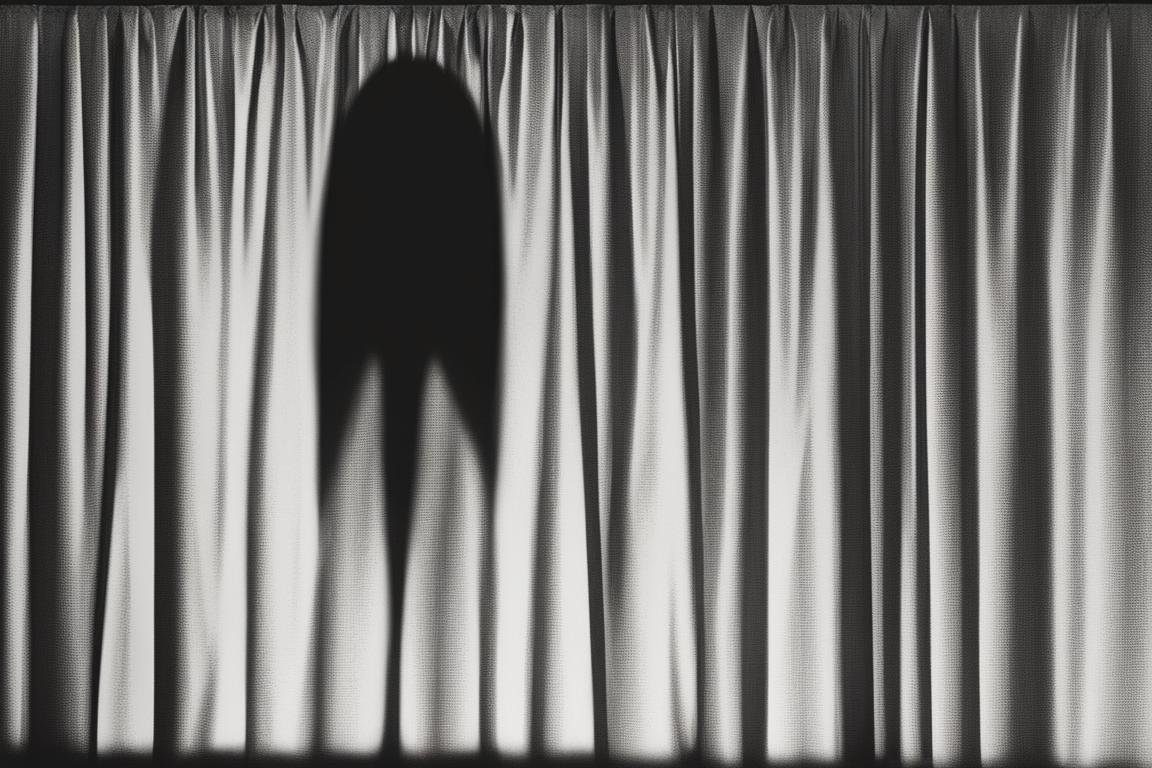
To be haunted is to be continuously reminded or tormented by something. In the context of ghosts, the fear of being haunted taps into our fear of not being alone that we are being watched, followed, or influenced by unseen entities. This fear can manifest from personal experiences or stories that have been shared with us, leaving a lasting impression on our psyche.
The Fear of Being Possessed
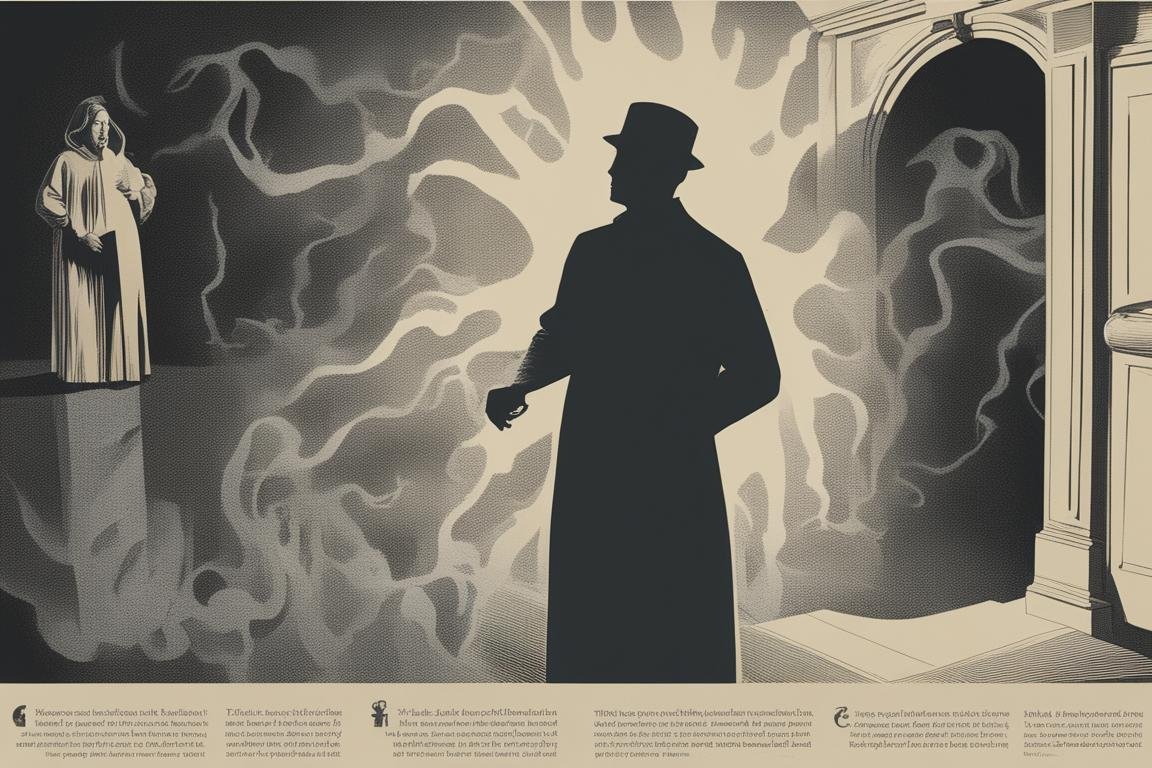
Possession, the idea that a spirit can take control of a human body, is a terrifying concept. This fear stems from the loss of control over one’s actions and thoughts, a fundamental violation of our autonomy. Tales of possession are widespread, appearing in numerous cultures and religions, each describing the horrifying experience of being controlled by an external, malevolent force.
The Fear of Being Cursed

The fear of being cursed, of being the target of supernatural ill-will, is a powerful one. It taps into our fear of the uncontrollable and the unknown. Curses are often associated with ghosts or spirits seeking revenge, adding a personal dimension to the fear. The idea that a ghost could have the power to influence our lives for the worse is a chilling thought.
The Fear of Being Judged
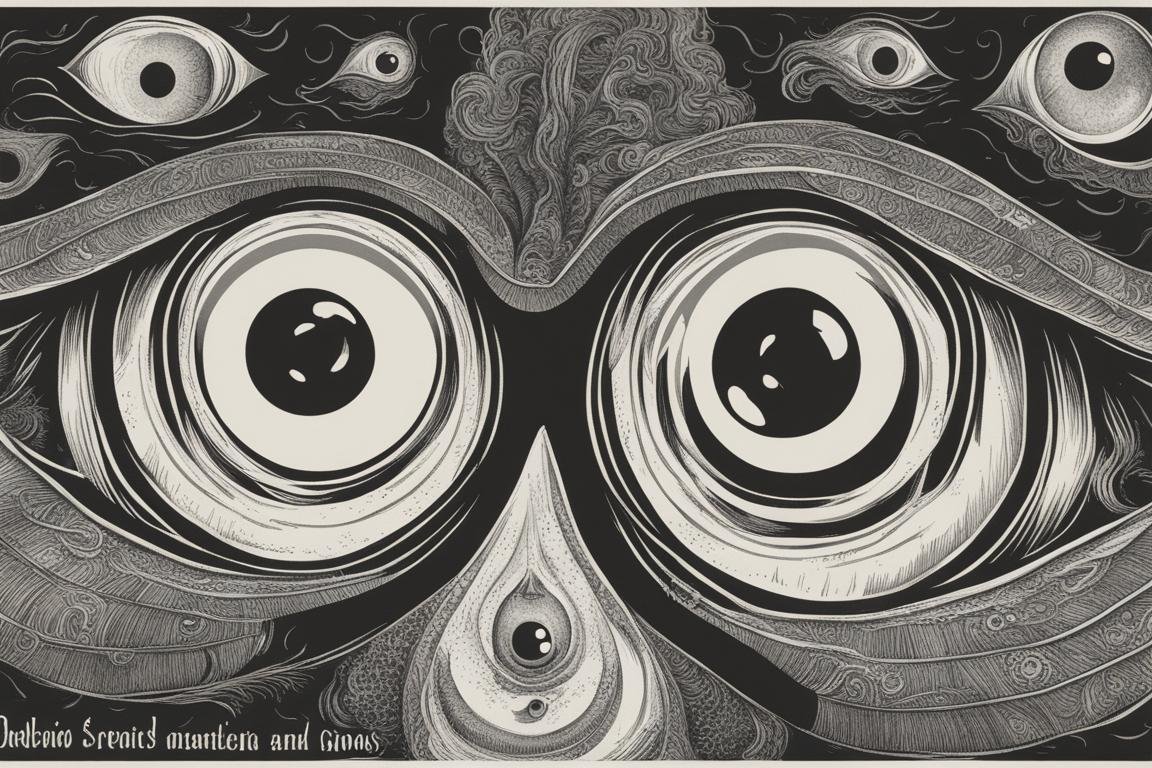
The fear of being judged by ghosts, particularly those of our ancestors or people we have wronged, is deeply embedded in many cultures. This fear reflects our concerns about our moral and ethical conduct and the worry that our actions may have repercussions beyond the physical world. The judgment of ghosts serves as a metaphor for our conscience, reminding us of the importance of living a righteous life.
The Fear of Being Alone
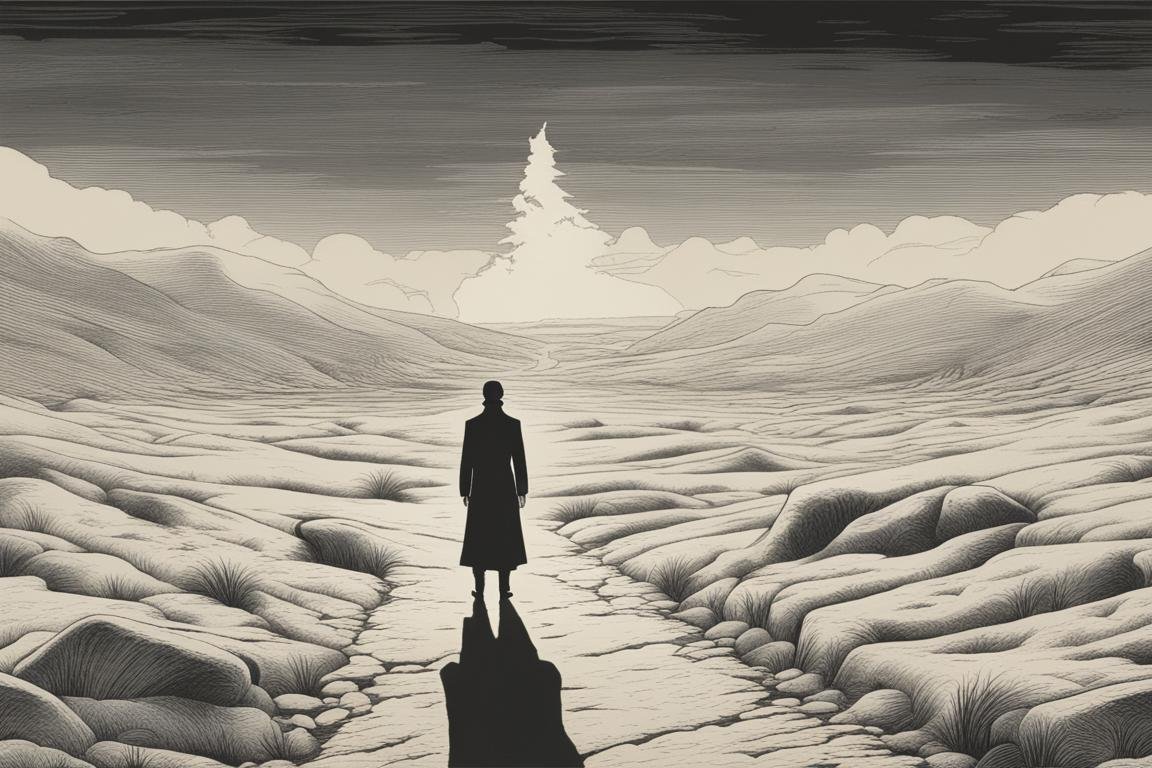
Conversely, the fear of being alone is also entwined with the fear of ghosts. This fear is not just about solitude but about the existential dread of isolation in the afterlife. Ghosts, especially those depicted as solitary figures, evoke empathy and fear, reminding us of our deep-seated desire for connection and our fear of ending up alone.
The Fear of the Dark
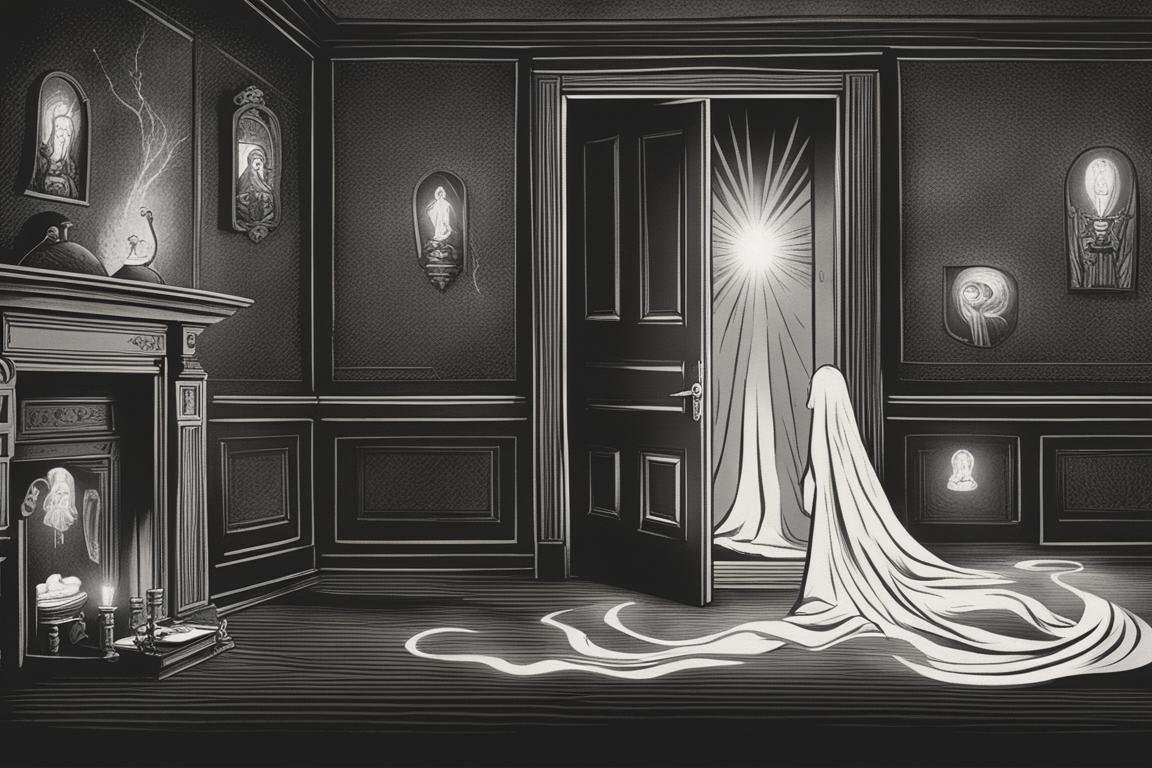
The fear of the dark is perhaps the most primal of all fears, a vestige of our evolutionary past when darkness meant vulnerability to predators. This fear is closely linked to the fear of ghosts, as darkness obscures our vision, making the unknown even more terrifying. In the dark, our imagination takes over, conjuring spirits and specters from the shadows.
The Fear of the Unseen
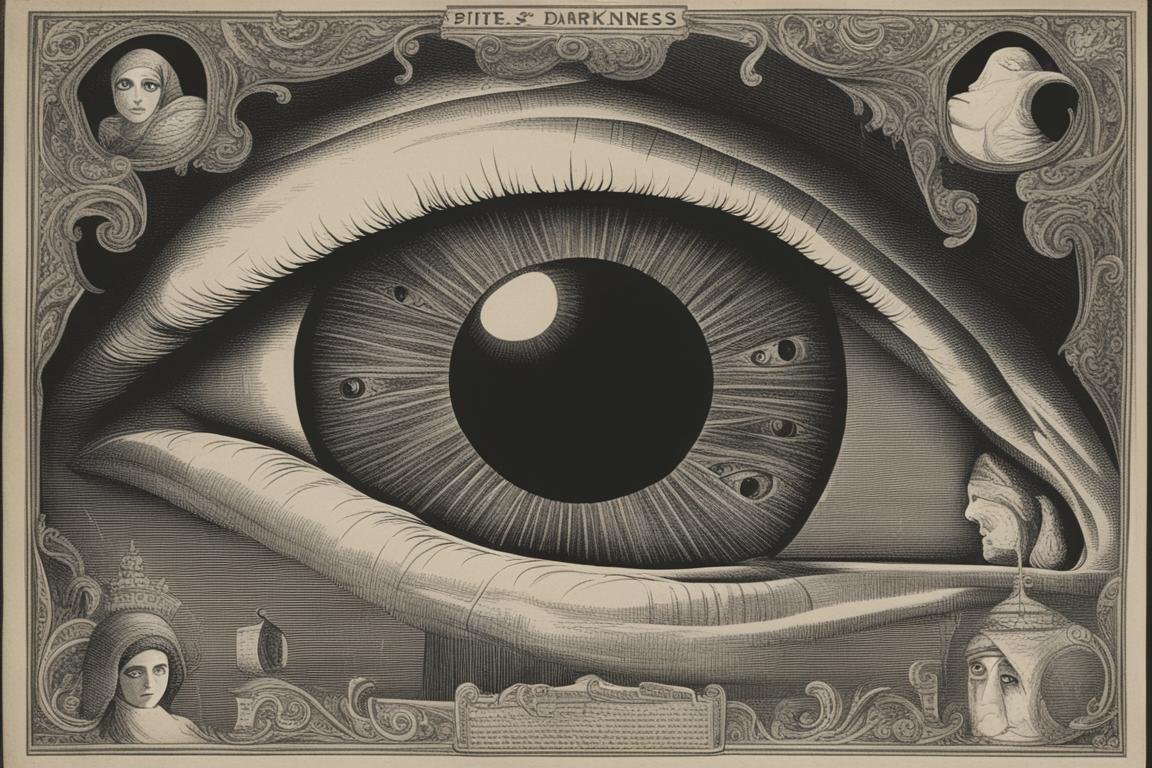
Closely related to the fear of the dark is the fear of the unseen. Ghosts, by their very nature, are often invisible, perceived through indirect means a cold breeze, a strange noise, a feeling of being watched. This invisibility makes them all the more frightening, as it taps into our fear of the unknown, of not knowing what’s out there.
The Fear of the Unknowable

The fear of the unknowable extends beyond ghosts to the broader mysteries of the universe. What makes ghosts particularly unsettling is the idea that they may hold knowledge beyond our understanding secrets of the afterlife, of existence itself. This fear is a humbling reminder of the limitations of human knowledge and understanding.
The Fear of the Uncontrollable

Life is full of uncertainties, forces beyond our control that shape our existence. The fear of ghosts encompasses this fear of the uncontrollable, as they represent forces that we cannot see, predict, or influence. This unpredictability is at the heart of many ghost stories, where the spirits operate by their own rules, unfathomable to the living.
The Fear of the Unpredictable
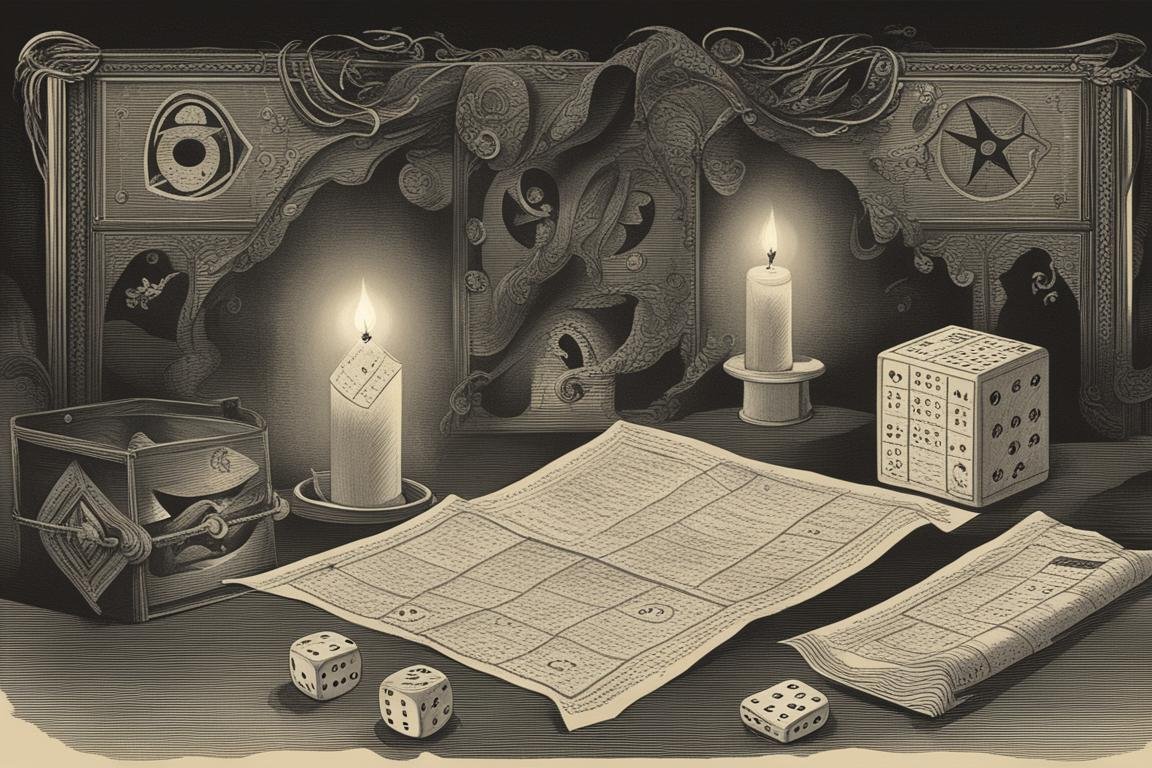
The unpredictable nature of ghosts their sudden appearances and disappearances, the randomness of their actions plays into our fear of uncertainty. We fear what we cannot predict, and ghosts, with their capricious nature, epitomize this unpredictability. This fear challenges our desire for stability and predictability in our lives.
The Fear of the Unbelievable
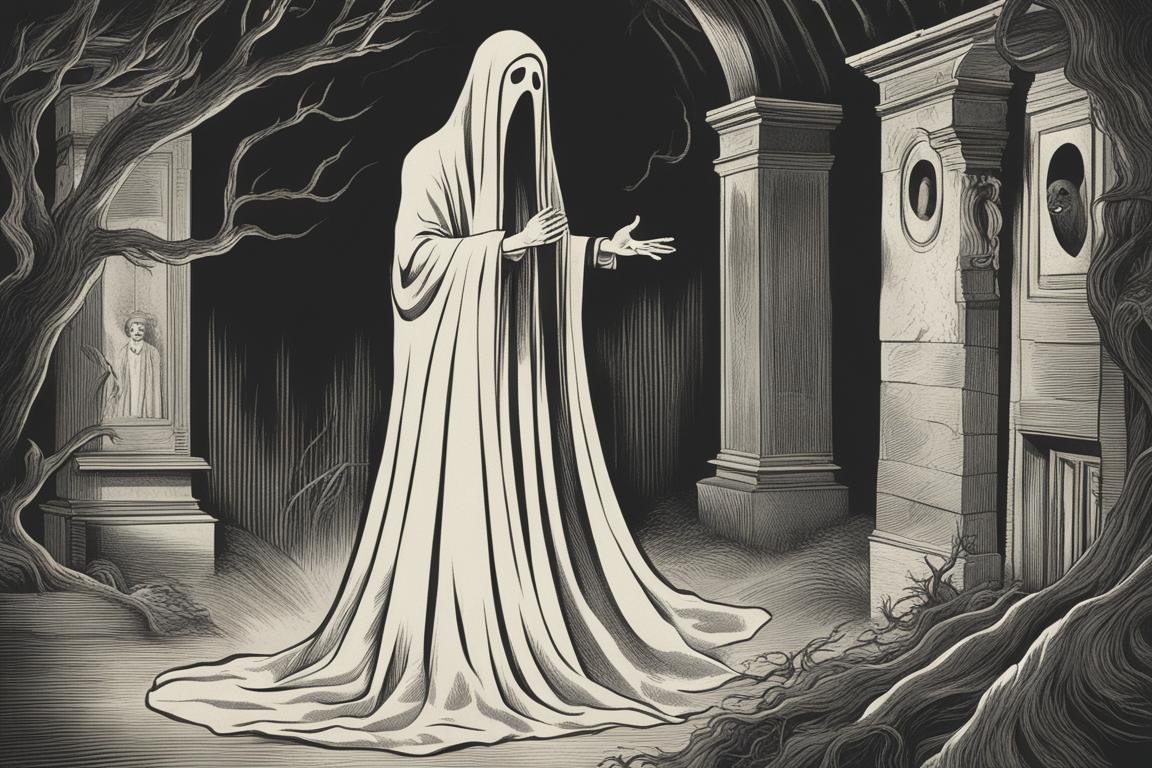
Ghosts challenge our understanding of reality, pushing the boundaries of what we consider possible. The fear of the unbelievable is not just about ghosts but about the fear of having our worldview challenged. Encountering a ghost, or even the idea of it, forces us to confront the possibility that there is more to the world than what we can see and understand.
The Fear of the Unprovable
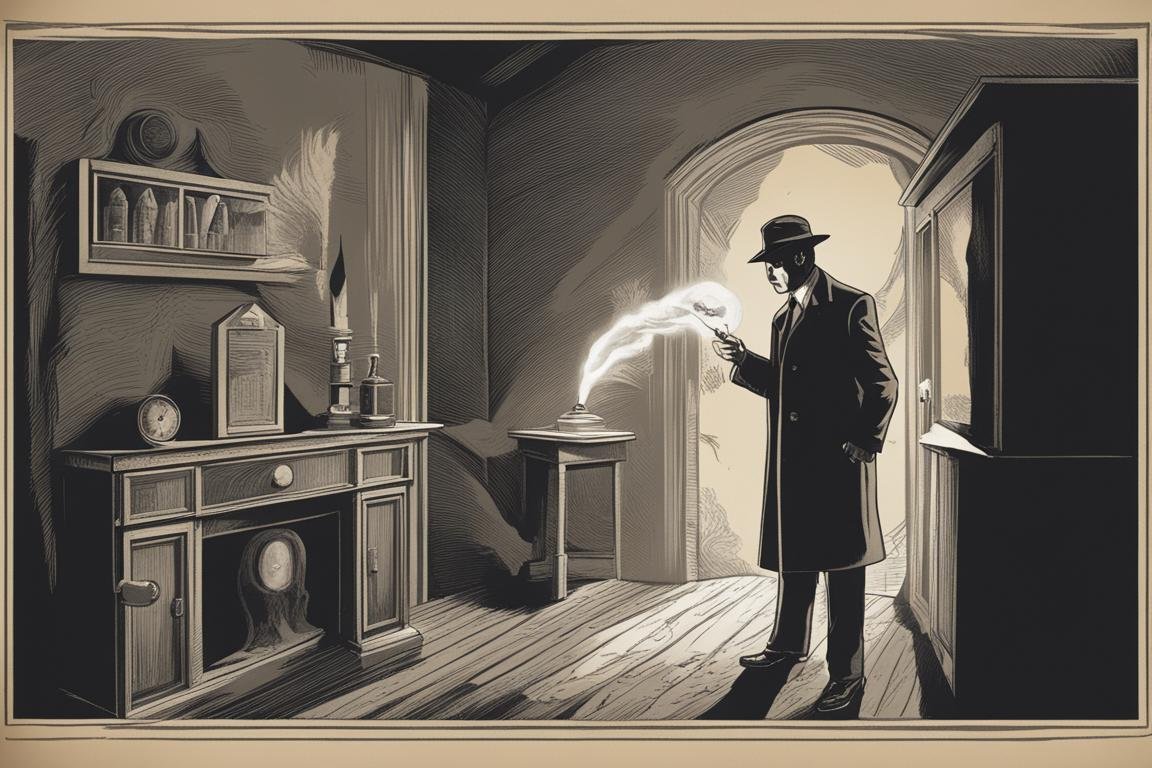
In a world where empirical evidence and proof are valued above all, the fear of the unprovable is particularly poignant. Ghosts, with their ephemeral nature, often elude concrete proof, leaving those who have experienced them feeling isolated or disbelieved. This fear speaks to our need for validation and the frustration that comes with experiencing something beyond the realm of proof.
The Fear of the Unfathomable
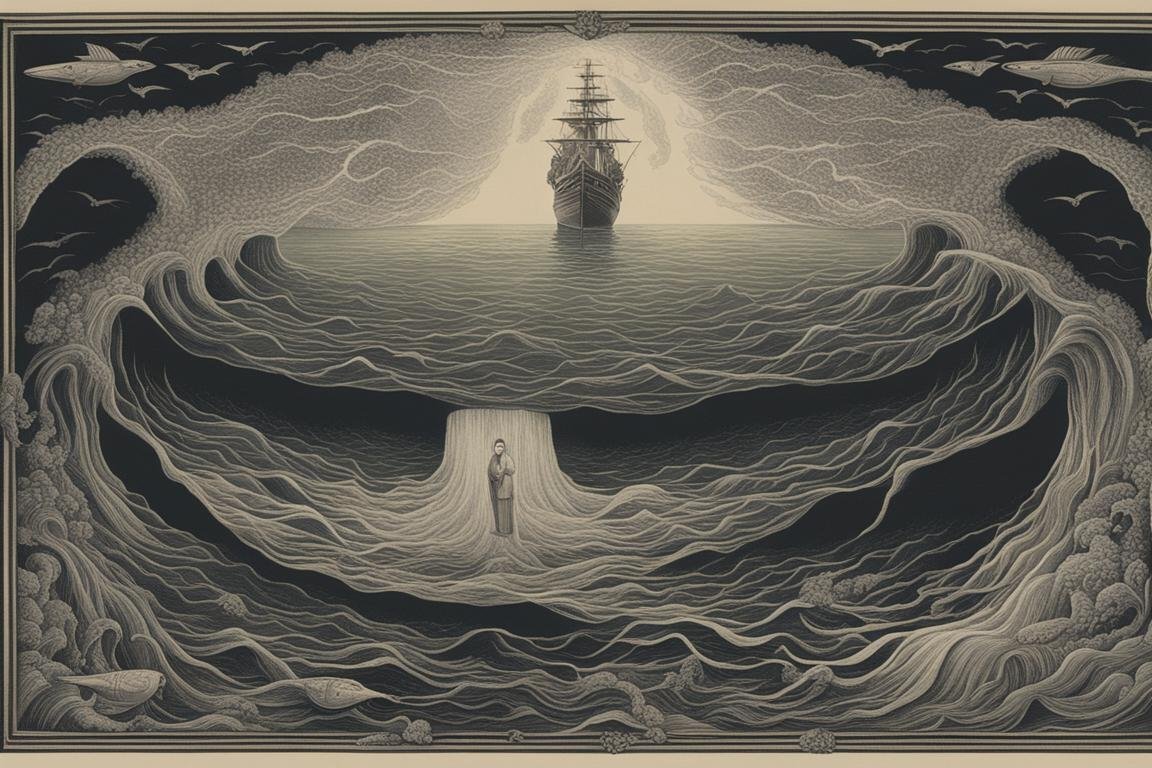
The fear of the unfathomable is a reflection of our fear of the vast, the infinite, the profoundly unknown. Ghosts, as entities that may exist beyond the physical plane, represent this deep unknown. They remind us of the depths of the universe and our own existence, depths that we are only beginning to understand.
The Fear of the Unforgivable
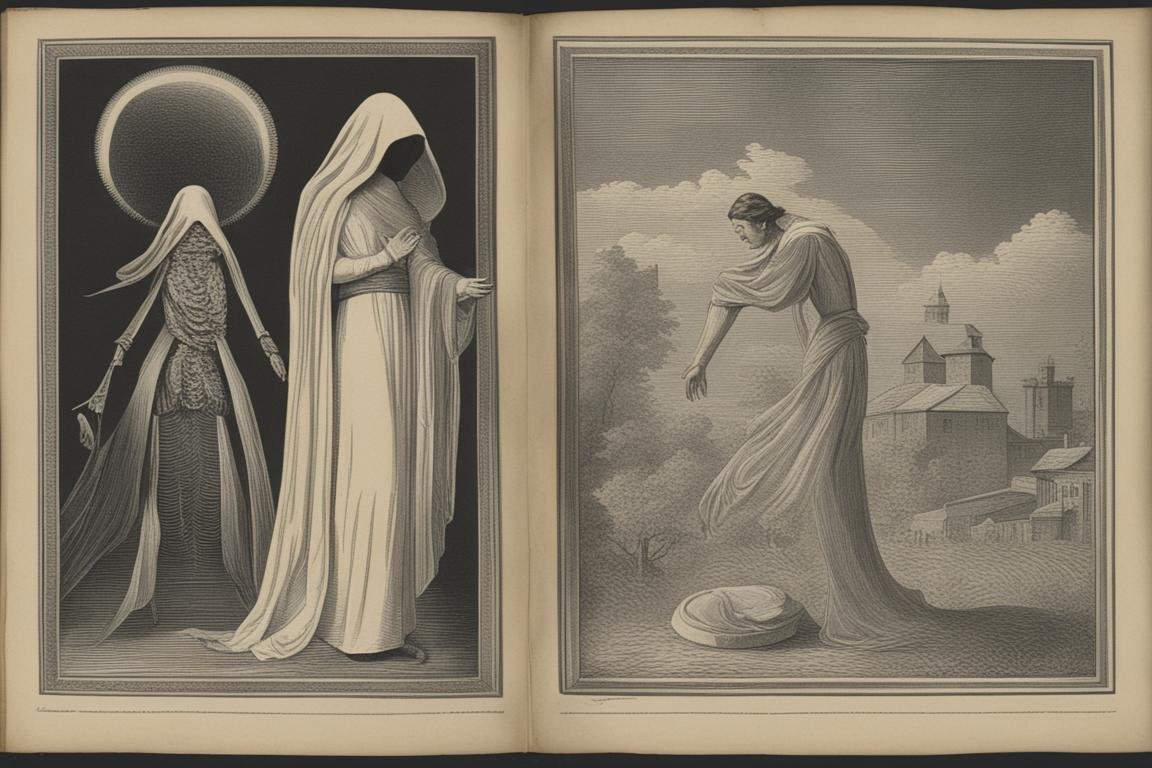
Ghosts often carry stories of betrayal, loss, and unresolved conflict. The fear of the unforgivable is tied to the fear that we may carry guilt or regrets into the afterlife, that our actions may haunt us in the form of spirits unable to find peace. This fear is a powerful motivator for seeking forgiveness and resolution in our relationships.
The Fear of the Unredeemable
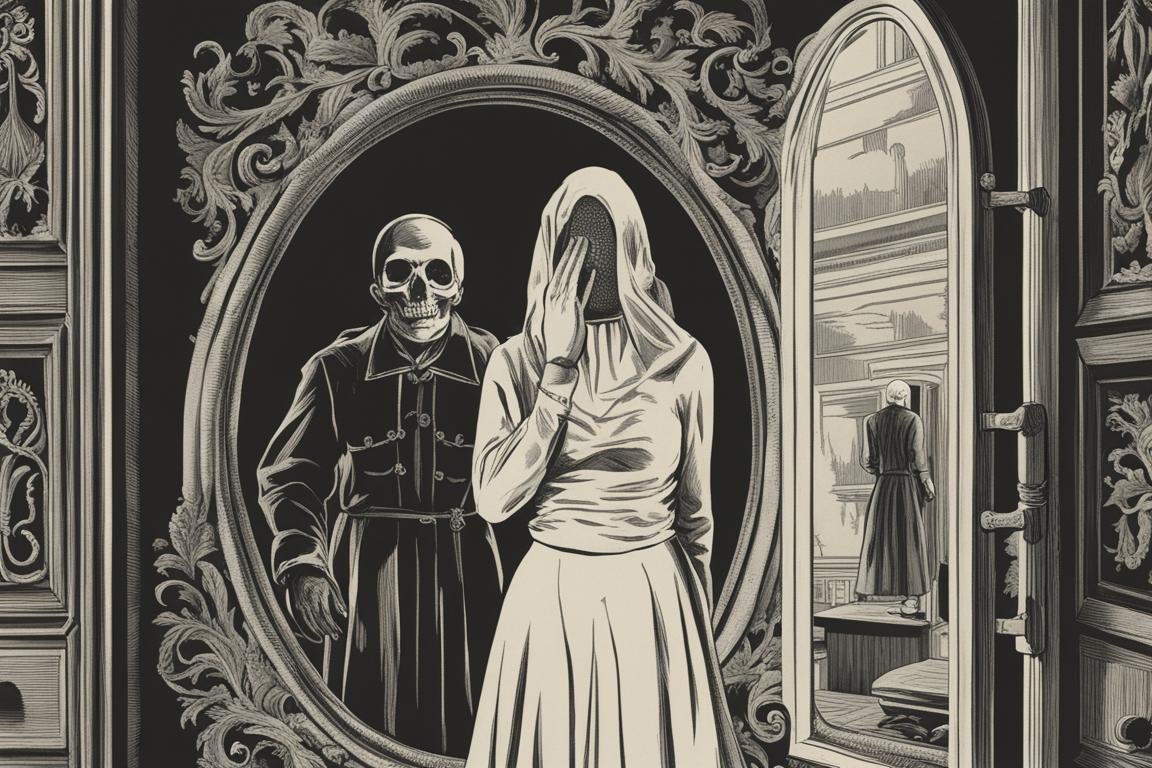
The concept of redemption is central to many beliefs about the afterlife. The fear of the unredeemable, of being beyond salvation, is embodied in the tales of ghosts trapped in limbo, unable to move on. These stories tap into our fear of being judged and found wanting, of the possibility that some actions or mistakes cannot be undone.
The Fear of the Unattainable
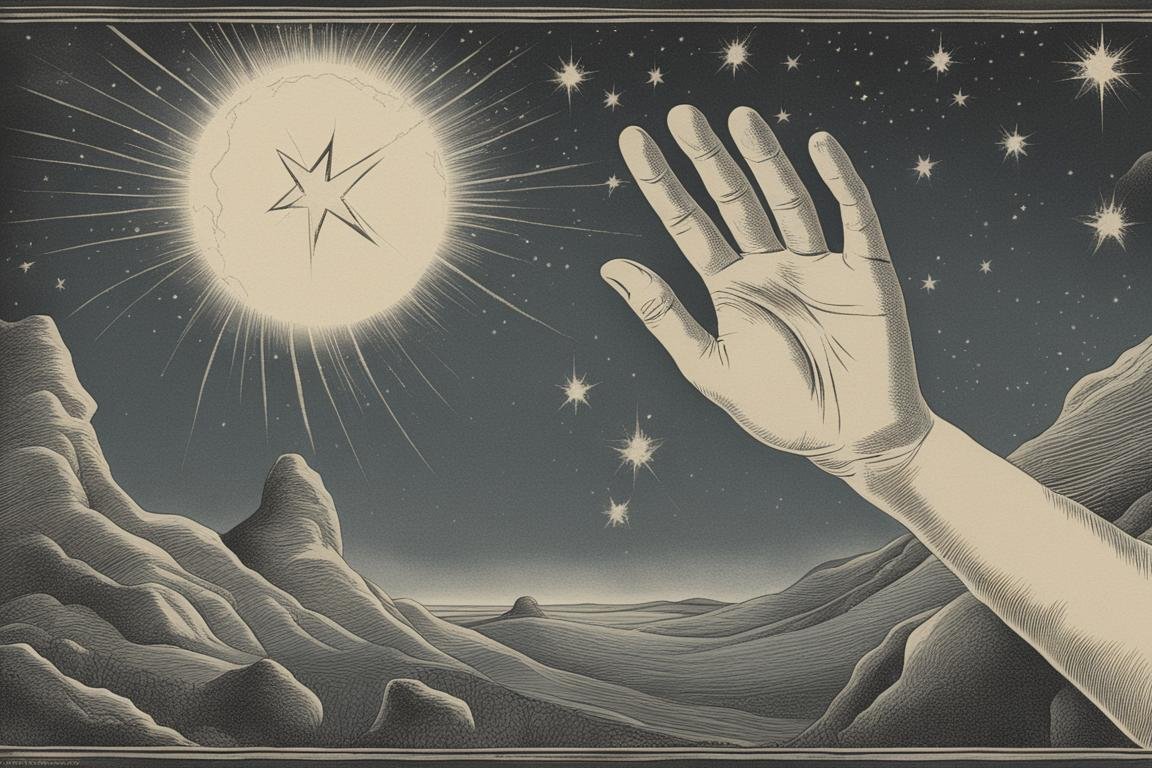
The fear of the unattainable reflects our aspirations and the haunting idea that some desires, some resolutions, may forever be out of our reach. Ghosts, especially those depicted as seeking something they cannot have, embody this poignant fear. They remind us of our own unfulfilled desires and the fear that we may never achieve them.
The Fear of the Unchangeable
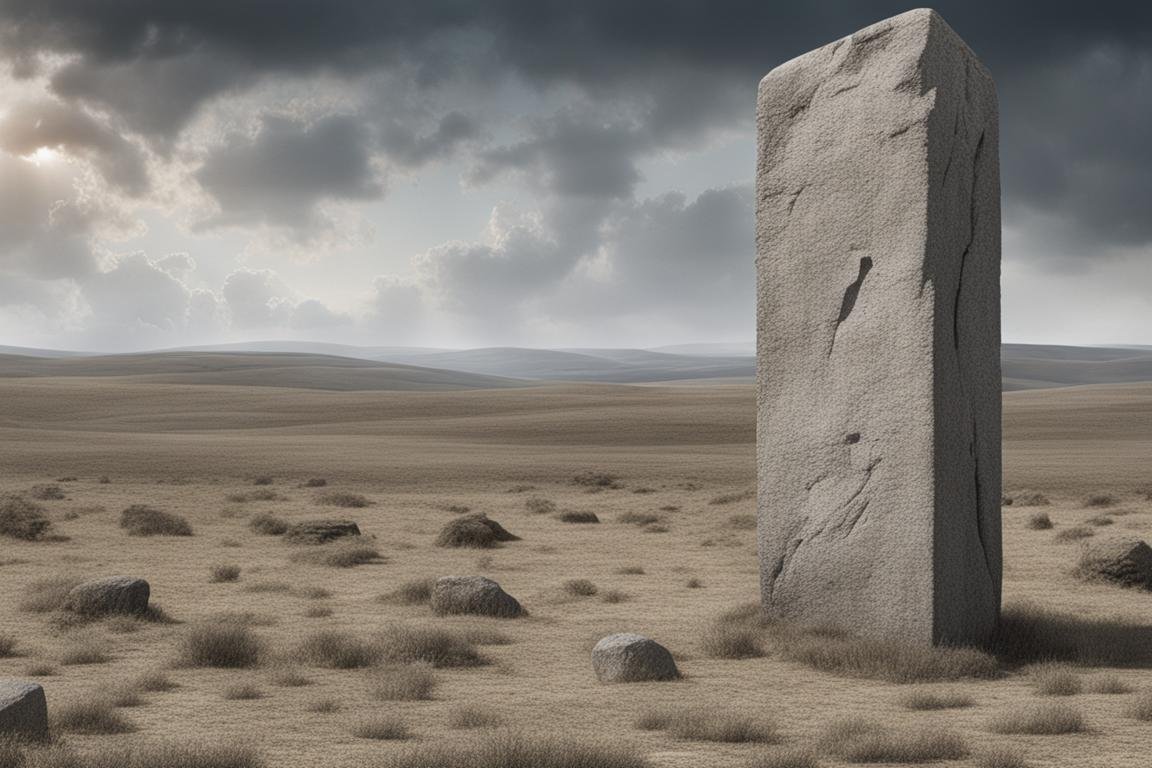
Change is a constant of life, yet the fear of the unchangeable haunts us. This fear is mirrored in the stories of ghosts, stuck in a moment of time, unable to grow or move beyond their circumstances. These spirits reflect our own fears of stagnation, of being unable to change our fate.
The Fear of the Unstoppable
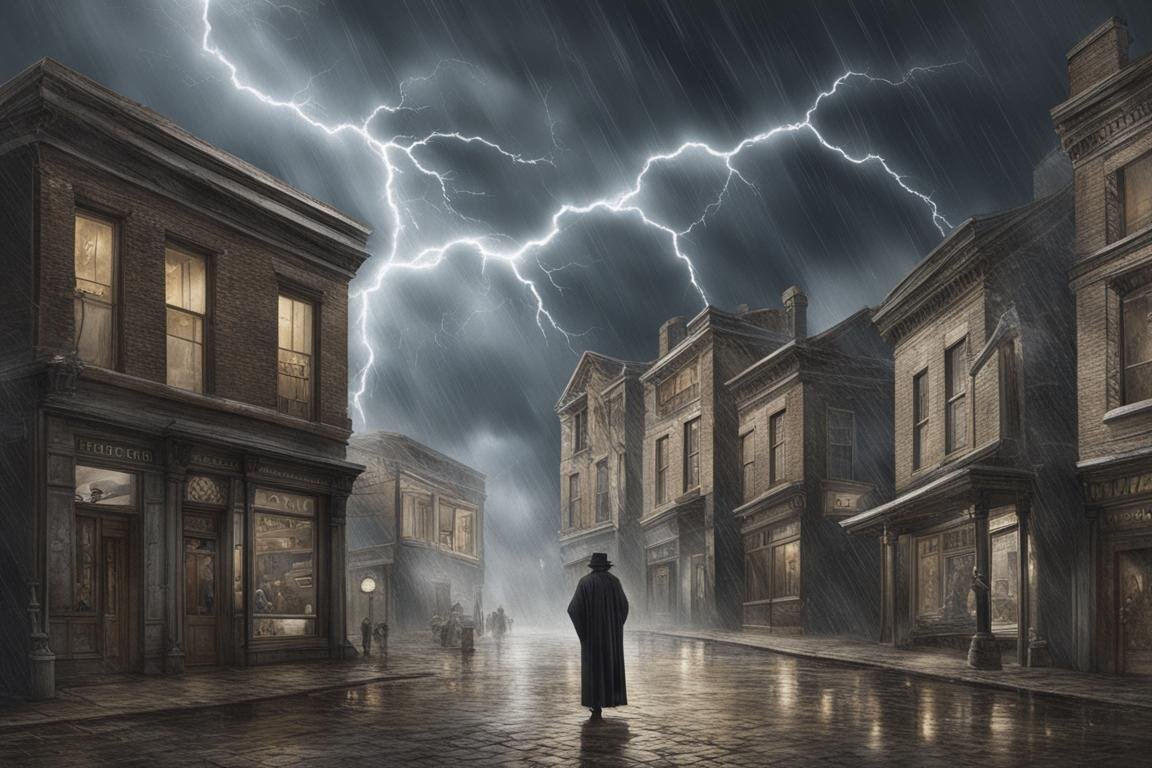
The fear of the unstoppable force, of something beyond our ability to control or contend with, is a deep-seated human anxiety. Ghosts, often depicted as immune to physical barriers and interventions, are the epitome of this fear. They symbolize the forces in life that we cannot stop or alter, reminding us of our own limitations.
The Fear of the Inevitable
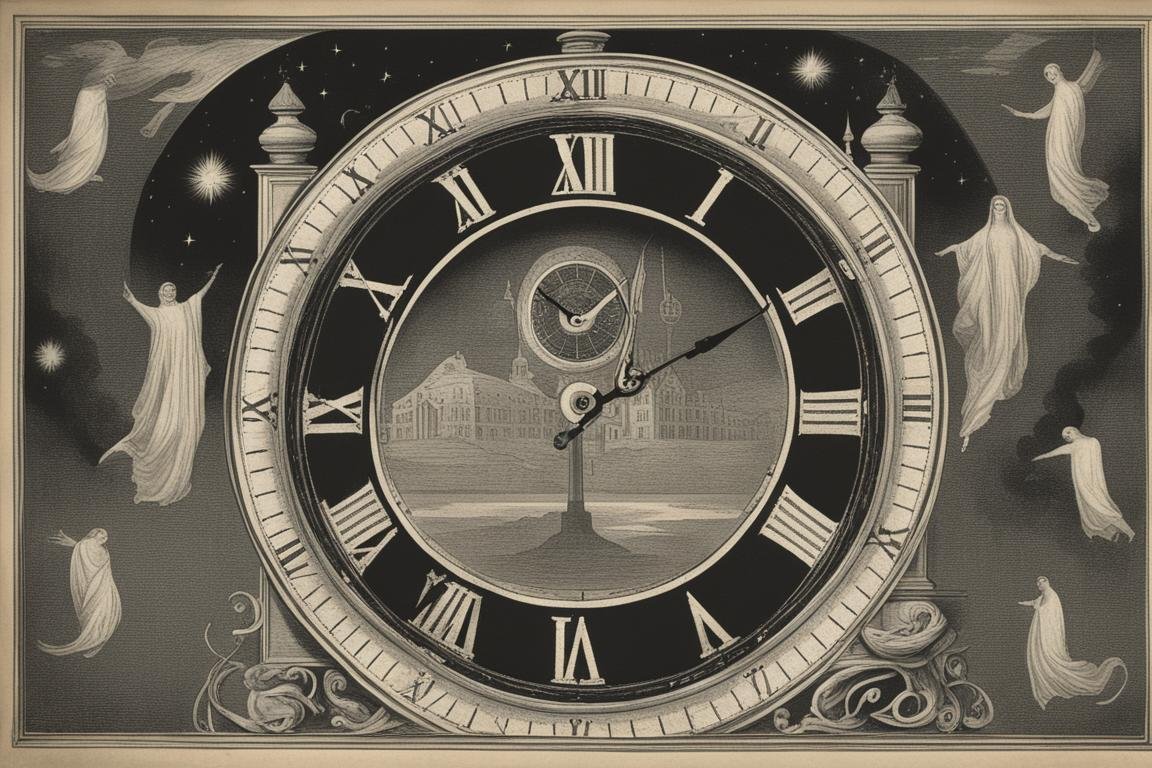
The inevitability of death, of change, of the end, is a fundamental human fear. Ghosts, as symbols of death and the afterlife, are constant reminders of the inevitable. Their presence in our stories and cultures serves as a morbid reassurance of the cycles of life and death, of the inexorable march of time.
The Fear of the Eternal
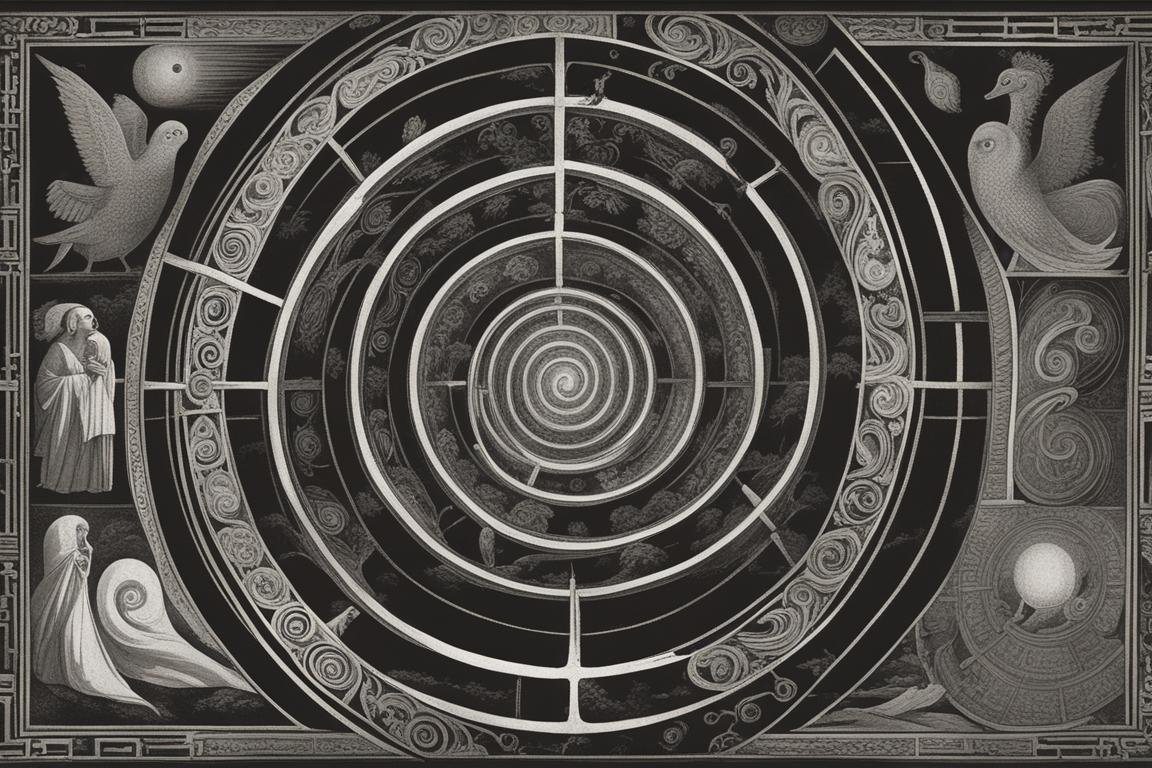
Finally, the fear of the eternal, of what lasts beyond the confines of our mortal lives, is a profound source of anxiety. Ghosts, with their ties to the afterlife and the eternal, confront us with the concept of eternity. They challenge us to ponder what it means to exist forever, whether in memory, spirit, or another form entirely.
In conclusion, the fear of ghosts is a multifaceted phobia that touches on the deepest, most existential fears of humanity. From the fear of the unknown to the dread of the eternal, ghosts serve as a mirror to our anxieties about life, death, and what lies beyond. Whether you believe in ghosts or not, their presence in our collective psyche reveals much about our attempts to understand and cope with the mysteries of existence. As we explore these fears, we not only confront the specters of our imagination but also the shadows within ourselves, searching for answers in the flickering light between life and death.
For more insights into the mysteries of the human psyche and the supernatural, visit our sitemap.
Questions
Q.Why do some people feel scared of ghosts?
A.People fear ghosts due to the unknown and cultural beliefs.
Q.What factors contribute to the fear of spirits?
A.Factors like media portrayals and personal experiences play a role.
Q.How can one overcome the fear of ghosts?
A.By understanding and rationalizing the fear through education.
Q.Who is more likely to be afraid of ghosts?
A.Individuals with a strong belief in the supernatural may fear them.
Q.What if someone believes ghosts are not real?
A.Even if ghosts are not real, fear can stem from psychological factors.
Q.How to address the fear of spirits in children?
A.Approach the topic with sensitivity and provide reassurance.

